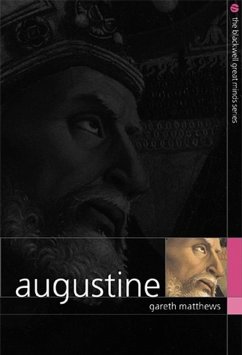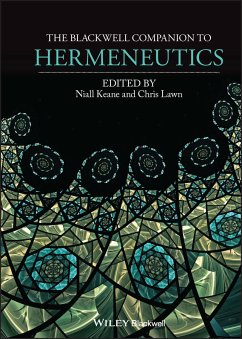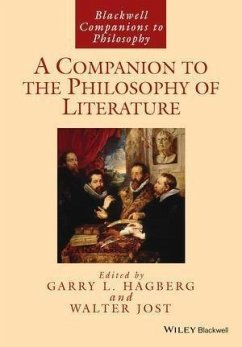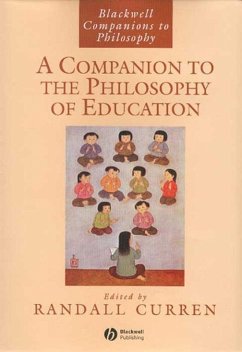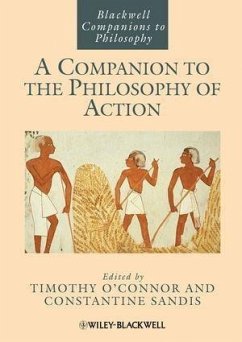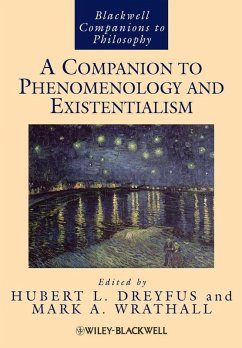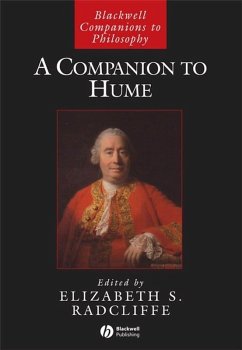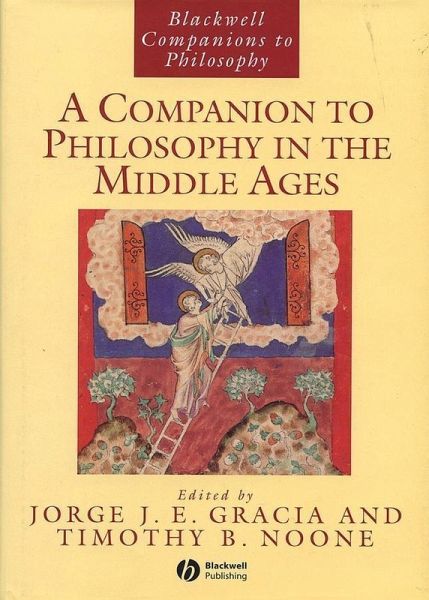
A Companion to Philosophy in the Middle Ages (eBook, PDF)
Versandkostenfrei!
Sofort per Download lieferbar
42,99 €
inkl. MwSt.
Weitere Ausgaben:

PAYBACK Punkte
0 °P sammeln!
This comprehensive reference volume features essays by some of the most distinguished scholars in the field.
- Provides a comprehensive "who's who" guide to medieval philosophers.
- Offers a refreshing mix of essays providing historical context followed by 140 alphabetically arranged entries on individual thinkers.
- Constitutes an extensively cross-referenced and indexed source.
- Written by a distinguished cast of philosophers.
- Spans the history of medieval philosophy from the fourth century AD to the fifteenth century.
Dieser Download kann aus rechtlichen Gründen nur mit Rechnungsadresse in D ausgeliefert werden.



